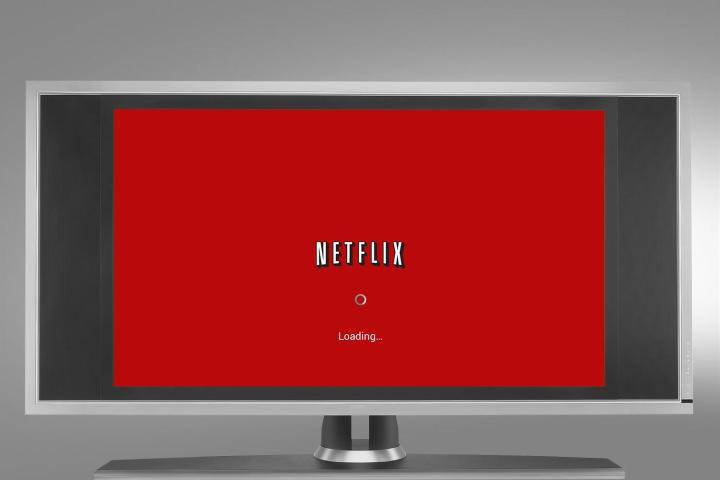
Between Syria, the release of iOS 7 and Apple’s new iPhones, and that silly “What Does the Fox Say?” song, there’s not been much brain bandwidth for yet another important event in the world of tech. Which is what makes Verizon’s lawsuit against the U.S. Federal Communications Commission all the more obnoxious, boring, and easy to ignore. Still, the suit could potentially have a major impact on anyone who uses the Internet, Netflix users especially – at least, that’s what the reports are telling us. Is there reason to worry? Let’s check it out.
Quick, what is the lawsuit about?
It’s about “net neutrality,” a concept that basically says that Internet service providers (ISPs) like Verizon can’t give preferential treatment to certain types of Internet traffic – like increasing Internet speeds for companies that pay them, or slowing down speeds (or blocking content) for those that don’t. Verizon doesn’t like net neutrality, for a variety of reasons.
Like what?
Verizon, like Comcast and others before it, particularly doesn’t like it that the FCC just went ahead and established itself as Ruler of the Internet without Congressional approval. It did this with the passage of the “Open Internet” order back in 2010. Taking the FCC down a notch is one of the main goals of this legal challenge – in fact, you could say it’s the main beef between the two organizations.
Furthermore, ISPs worry that FCC regulation may continue to increase, leading to price regulations that these companies say would by damaging to their business, consumers, and everyone in between.
Is Verizon right?
Hey, don’t ask me – that’s for the court to decide. But many believe there is a valid legal argument against the FCC’s Internet fairness rules.
Would it be good if Verizon wins?
Depends who you ask, of course. Those who oppose the FCC on this think that letting the free market decide how to handle Internet traffic would be a much better solution. Moreover, they say, it would let ISPs charge you less for your connection to the Web because you wouldn’t be paying for all that YouTube and Snapchat traffic.
Okay, that sounds pretty good. What’s the flipside?
The flipside is a dark and murky place. Proponents of net neutrality – and, on principle, I admit to being one of them – believe that without it ISPs would have the power to wreak havoc on the open Web in a variety of ways. First, they could slow traffic from websites or online services that compete with their own offerings. Or they could charge those companies out the yin-yang to pay for their own spikes in traffic, which could drown start-ups and smaller businesses. And, if ISPs wanted to get really nasty, they could, theoretically, censor certain types of content altogether.
Cord cutters and YouTube addicts might get priced out.
As for cost, that might not be so hot either. Verizon, for example, could charge you not only for the speed of your Internet connection and the amount of data you use, but for the types of online services you receive. It could also result in all the various social networks, apps, and online games you use and play to jack up their prices to cover their operating costs. In other words, that price drop the ISPs like to talk about would only benefit people who barely use the Internet. Cord cutters and YouTube addicts might get priced out.
In short, the Internet would not be the open, awesome thing it is today – at least if you get your Internet from ISPs that have an evil streak.
Yikes! Could it really get that bad?
Again, that’s a tough one to answer because this is all speculation – perhaps you can gas your DeLorean up to 88mph and find out for us.
No? Lame – but okay: The concerns about an end to net neutrality – which is what’s at stake with this Verizon challenge – are technically valid; they could happen without the FCC there to stop it. However, according to Verizon supporters, ISPs don’t want to do any of that, you crazy fool! They just want everything to be fair – laissez faire. Ha! (I’ll see myself out.)
Alright, I’m still confused and on the fence about this whole net neutrality thing. Just tell me: Is Verizon trying to kill Netflix? And, if they are, could they actually do it?
Verizon and the rest of the ISPs mainly want the Netflixes of the world to pay their fair share for the traffic they send over the ISPs’ wires. If that happens, however, one of two things will probably happen: That $8-per-month Netflix bill you have will skyrocket. And/or Netflix will die. Even Verizon’s supporters admit that much.
In other words, even if you consider yourself a free-market idealist, if you like your $8 Netflix, you’d better hope the courts tell Verizon to bugger off.


